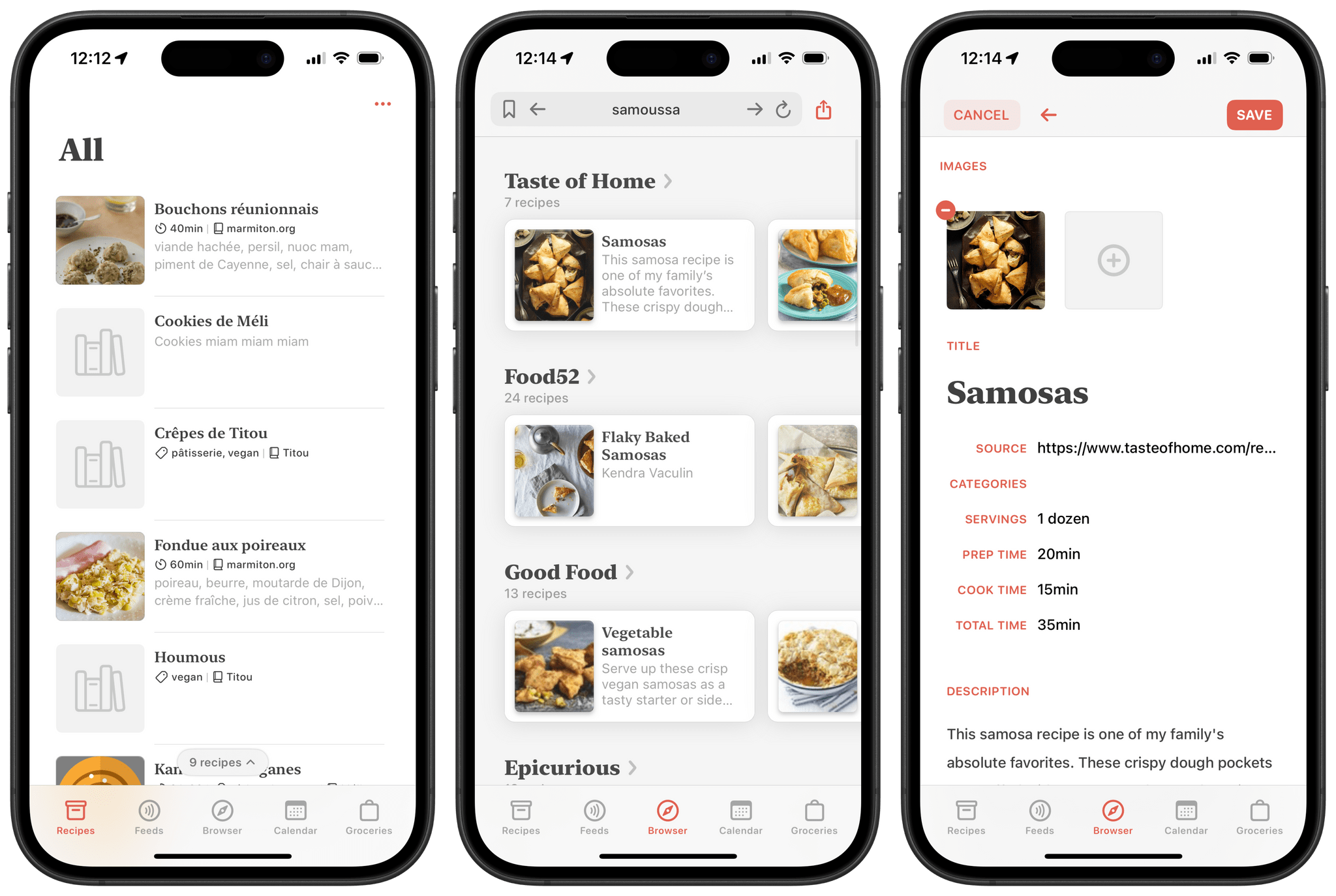In this week’s extended post-show for AppStories+ subscribers, Federico and I covered the AI tools we use. NotebookLM is one we have in common because it’s such a powerful research tool. The service allows you to upload documents and other files to a notebook and then query what you’ve collected. It’s better than a traditional search tool because you can ask complex questions, discover connections between topics, and generate materials like timelines and summaries.
Yesterday, Google announced that NotebookLM Plus is now available to Google One AI Premium subscribers, significantly expanding its reach. Previously, the extended functionality was only available as an add-on for Google Workspace subscribers.
The Plus version of NotebookLM increases the number of notebooks, sources, and audio overviews available, allows users to customize the tone of their notebooks, and lets users share notebooks with others. Google One AI Premium also includes access to Gemini Advanced and Gemini integration with Gmail, Docs, and other Google services, plus 2 TB of Google Drive cloud storage.
I’ve only begun to scratch the surface of what is possible with NotebookLM and am currently moving my notebook setup from one Google account to another, but it’s already proven to be a valuable research tool. Examples of the types of materials I’ve collected for querying include:
- legislative material and articles about Apple’s DMA compliance,
- my past macOS reviews,
- summaries of and links to stories published on MacStories and Club MacStories,
- video hardware research materials, and
- manuals for home appliances and gadgets.
Having already collected and read these materials, I find navigating them with NotebookLM to be far faster than repeatedly skimming through them to pull out details. I also appreciate the ability to create materials like timelines for topics that span months or years.
Google One AI Premium is available from Google for $19.99 per month.


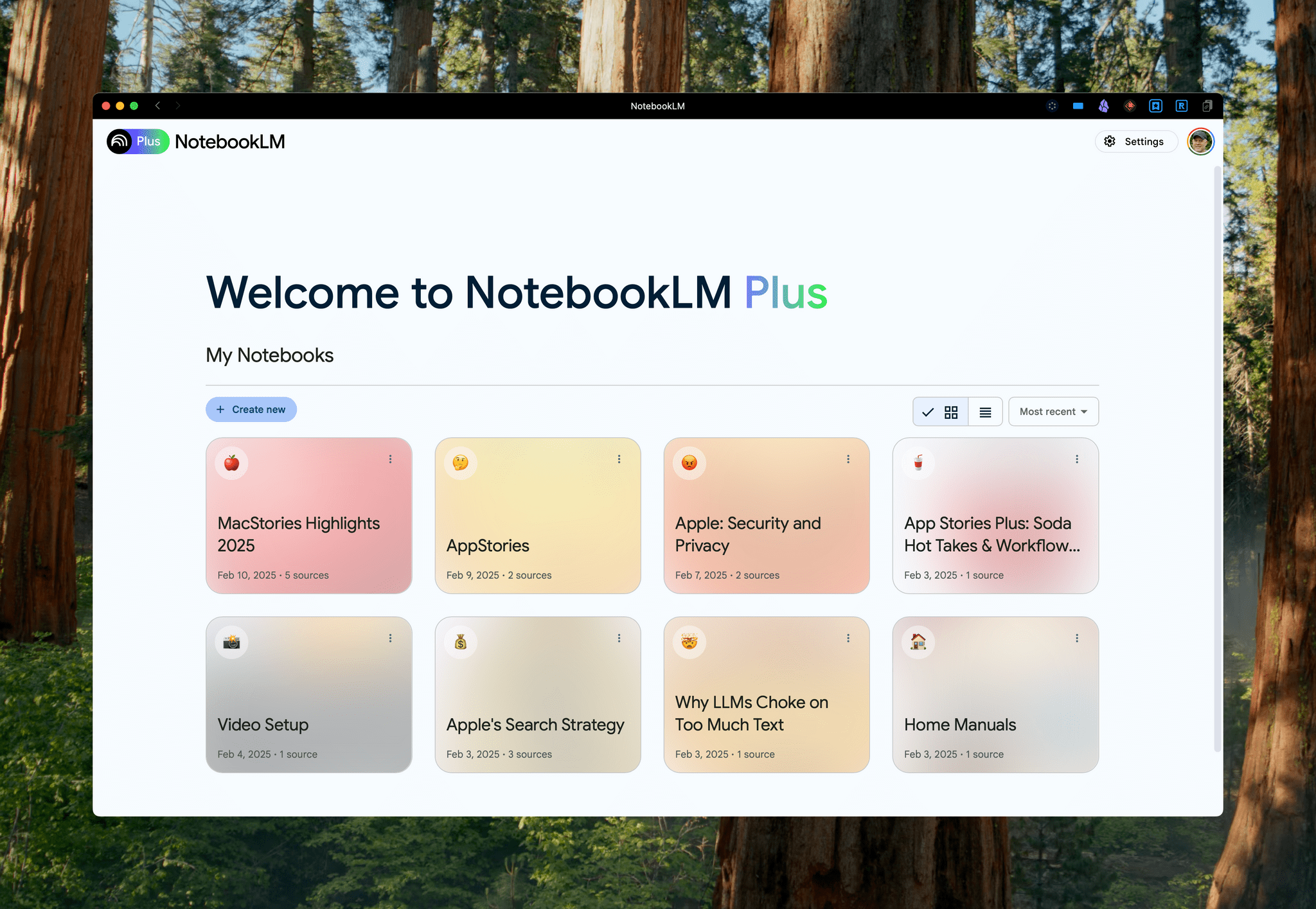
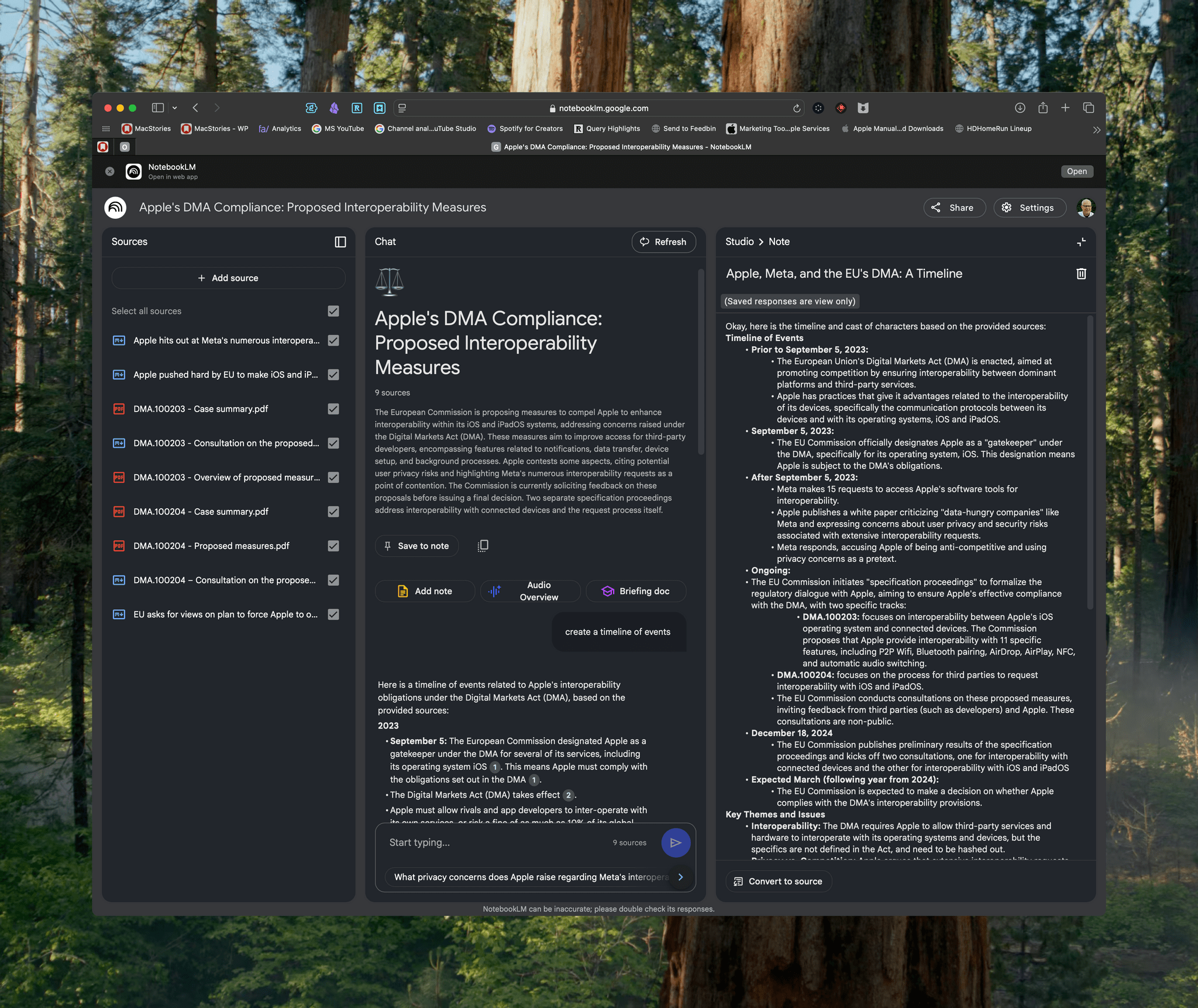







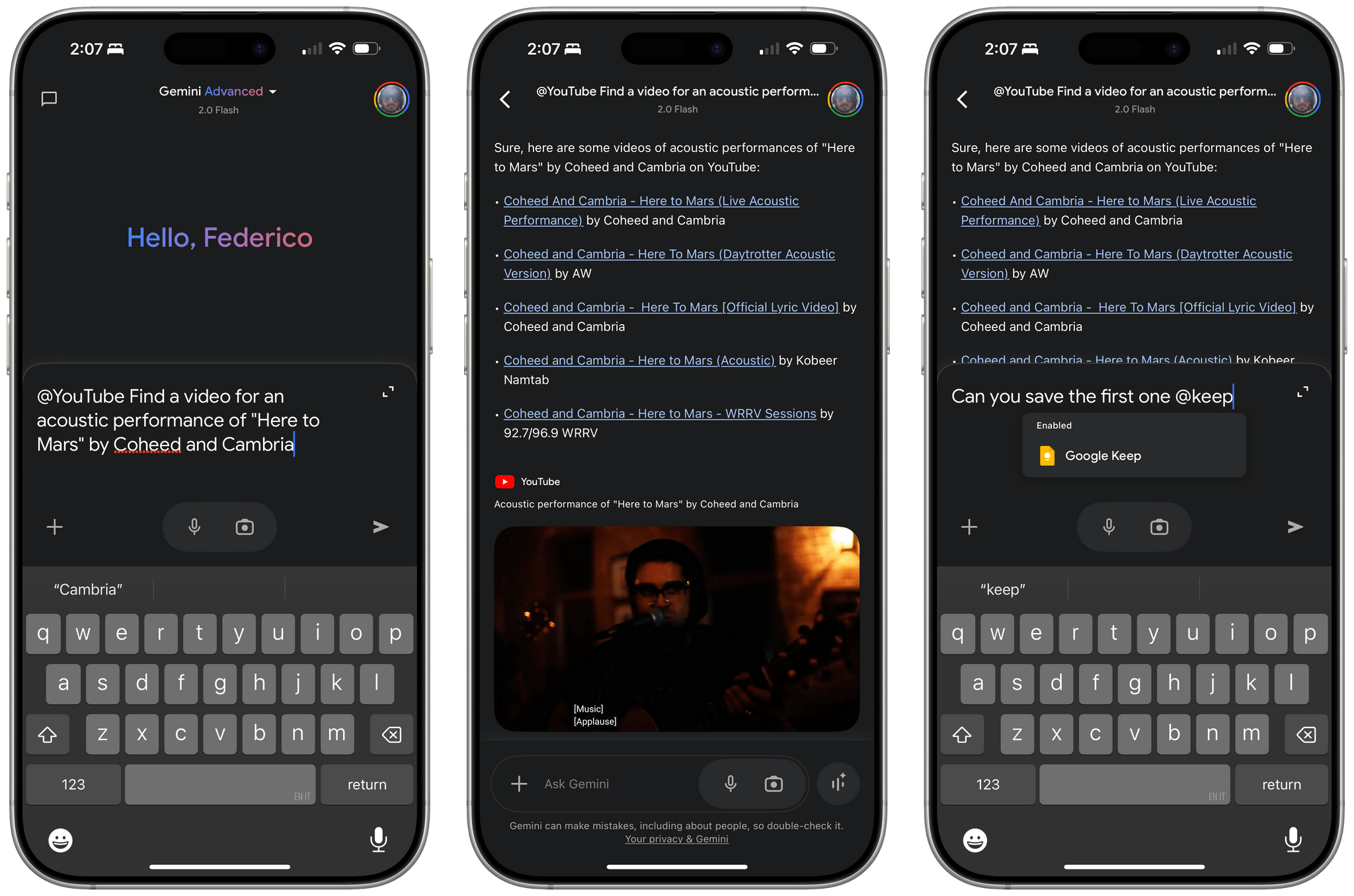
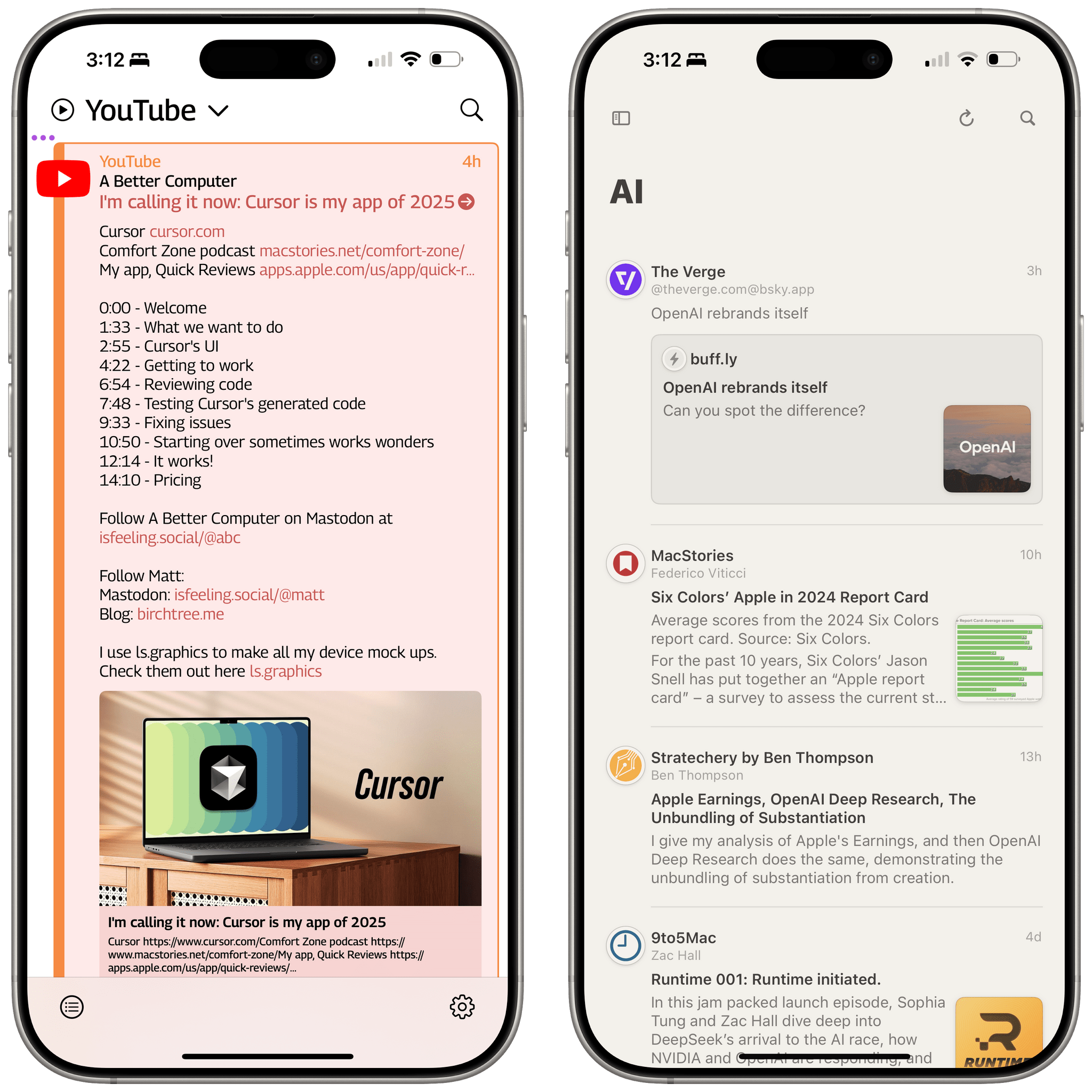
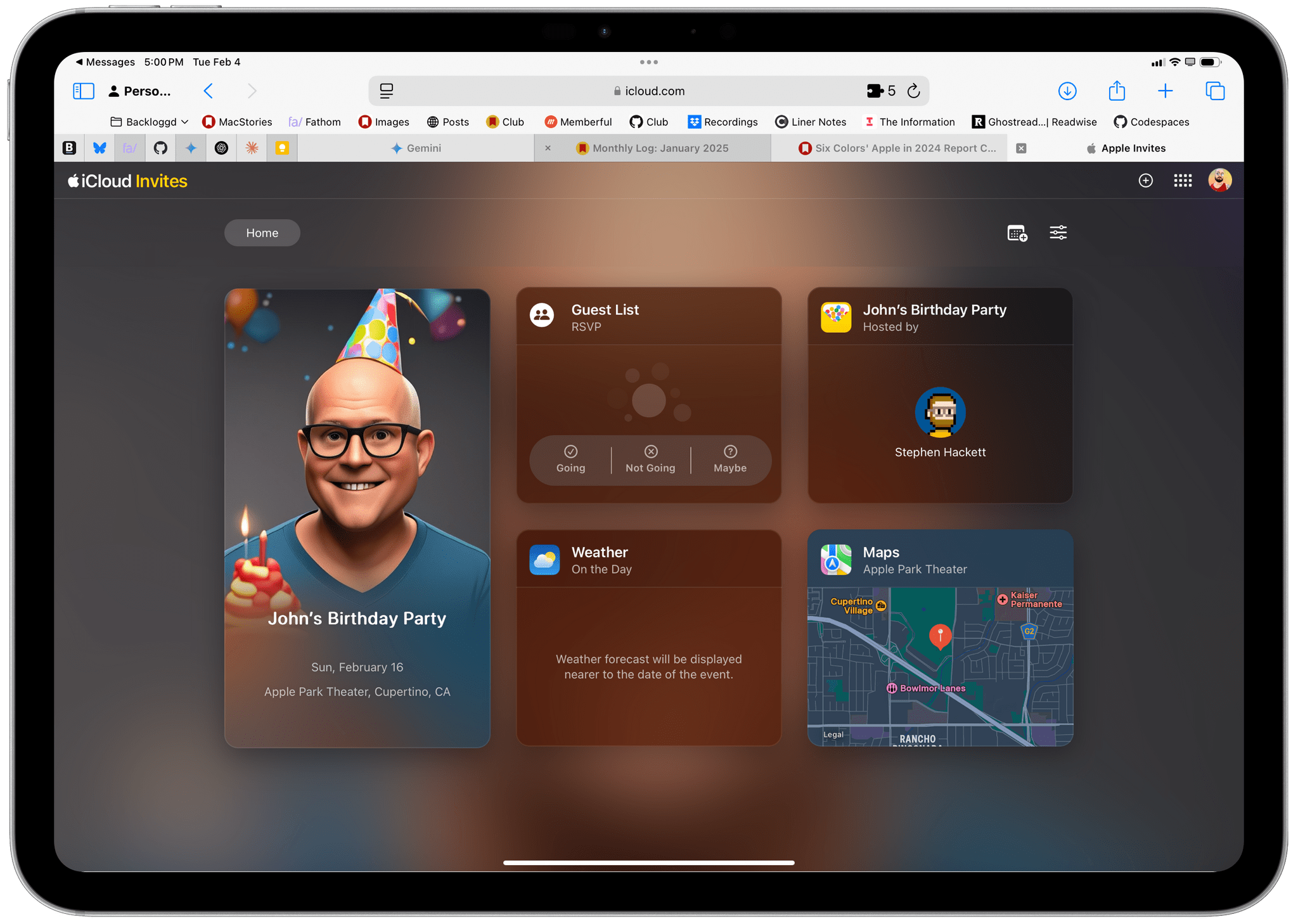
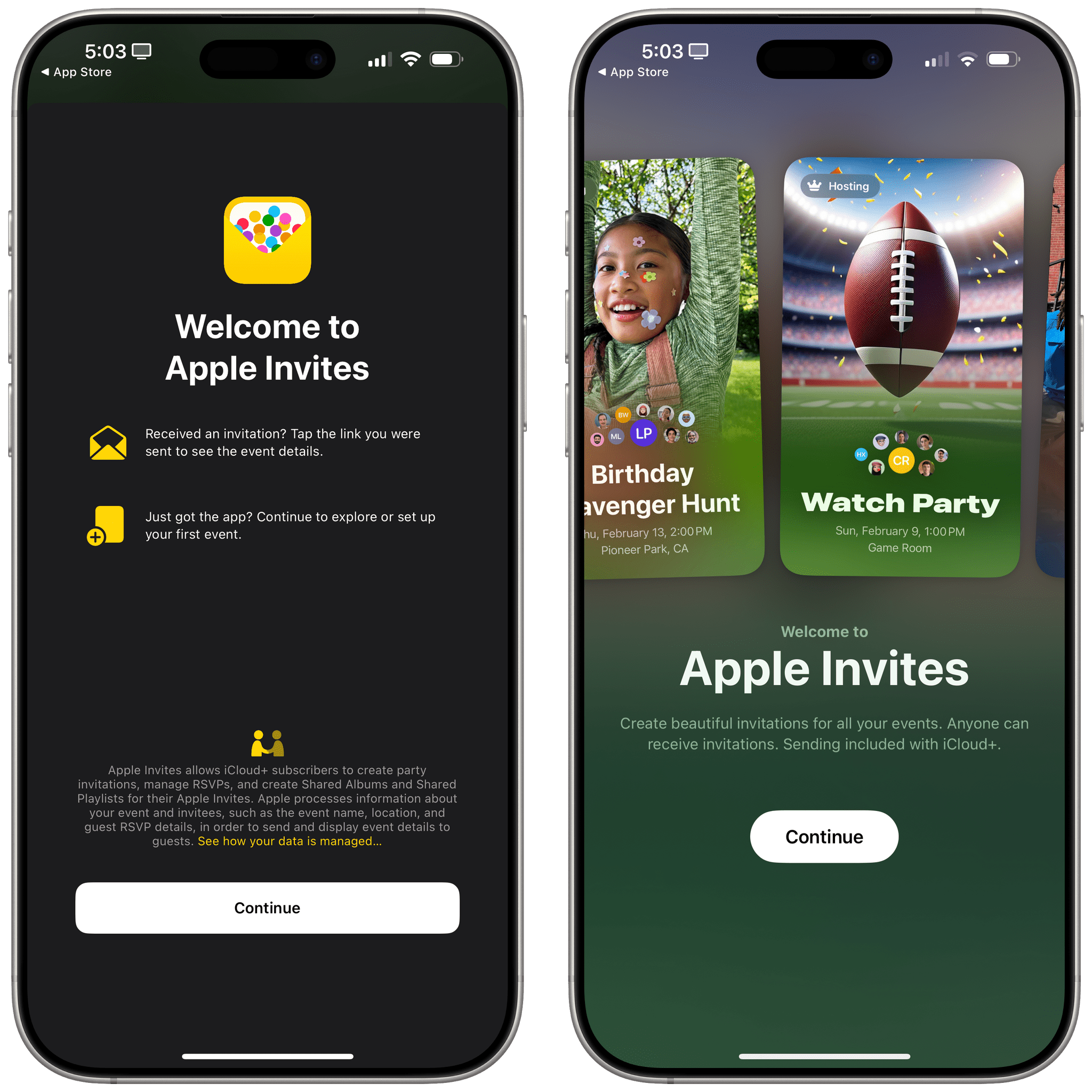
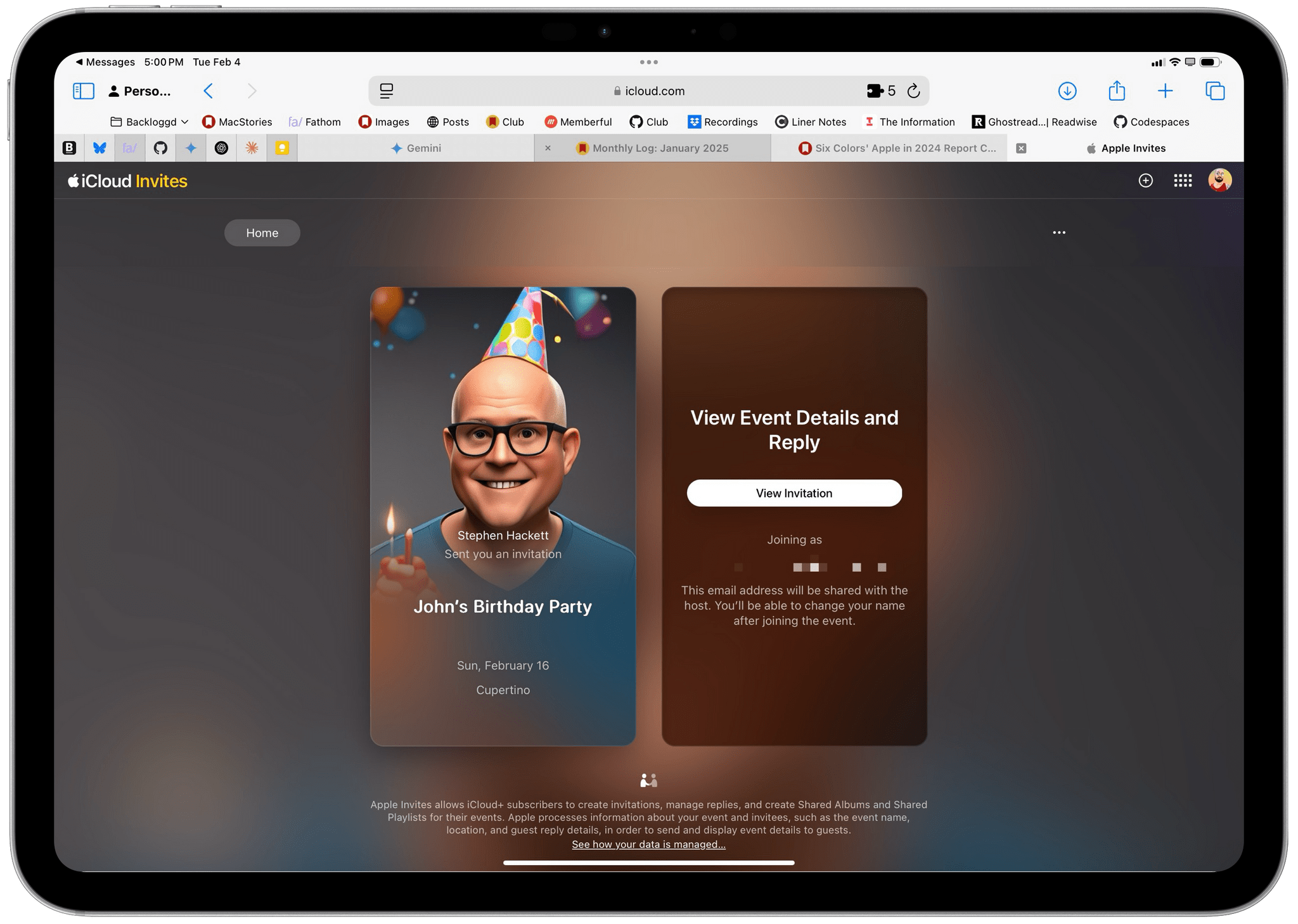
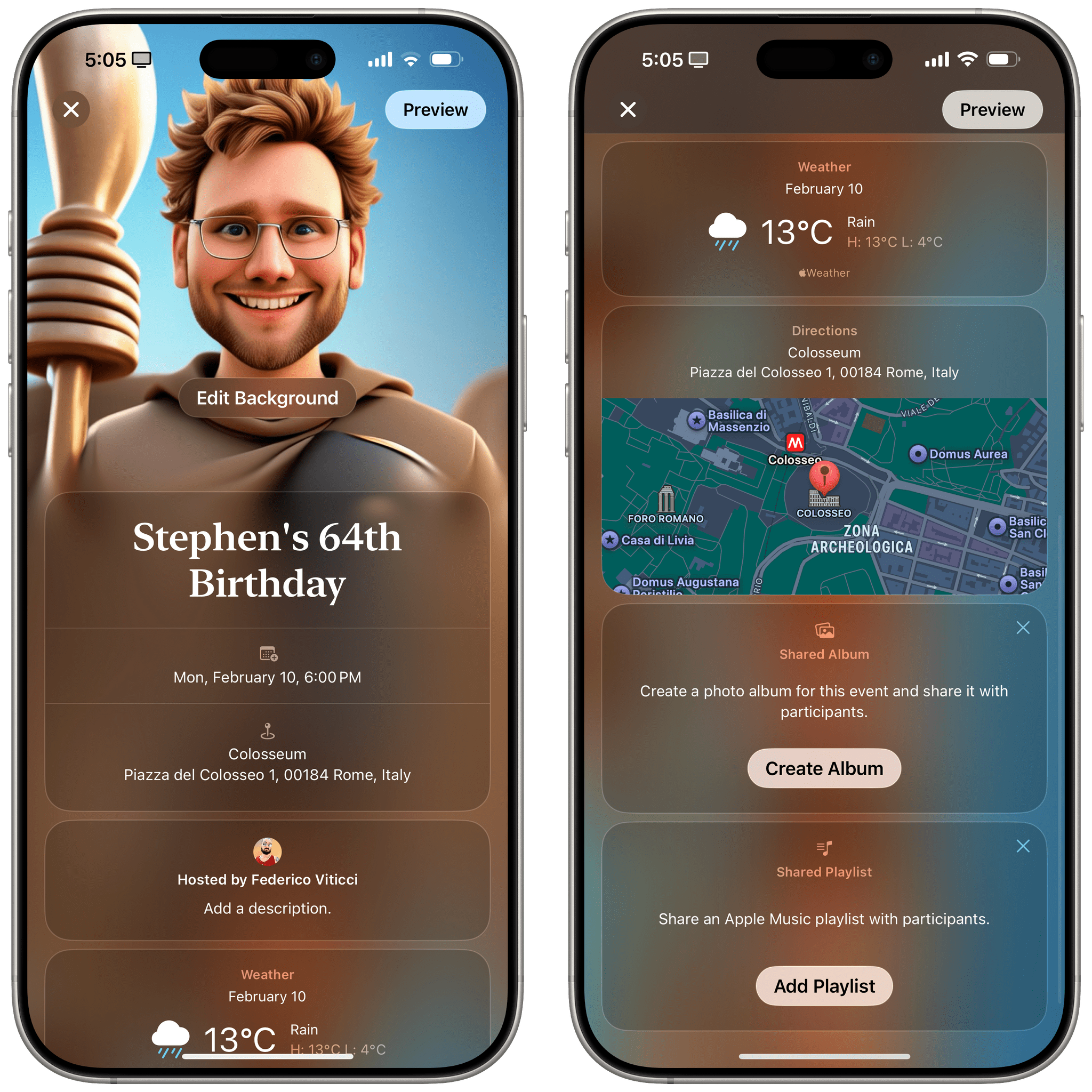
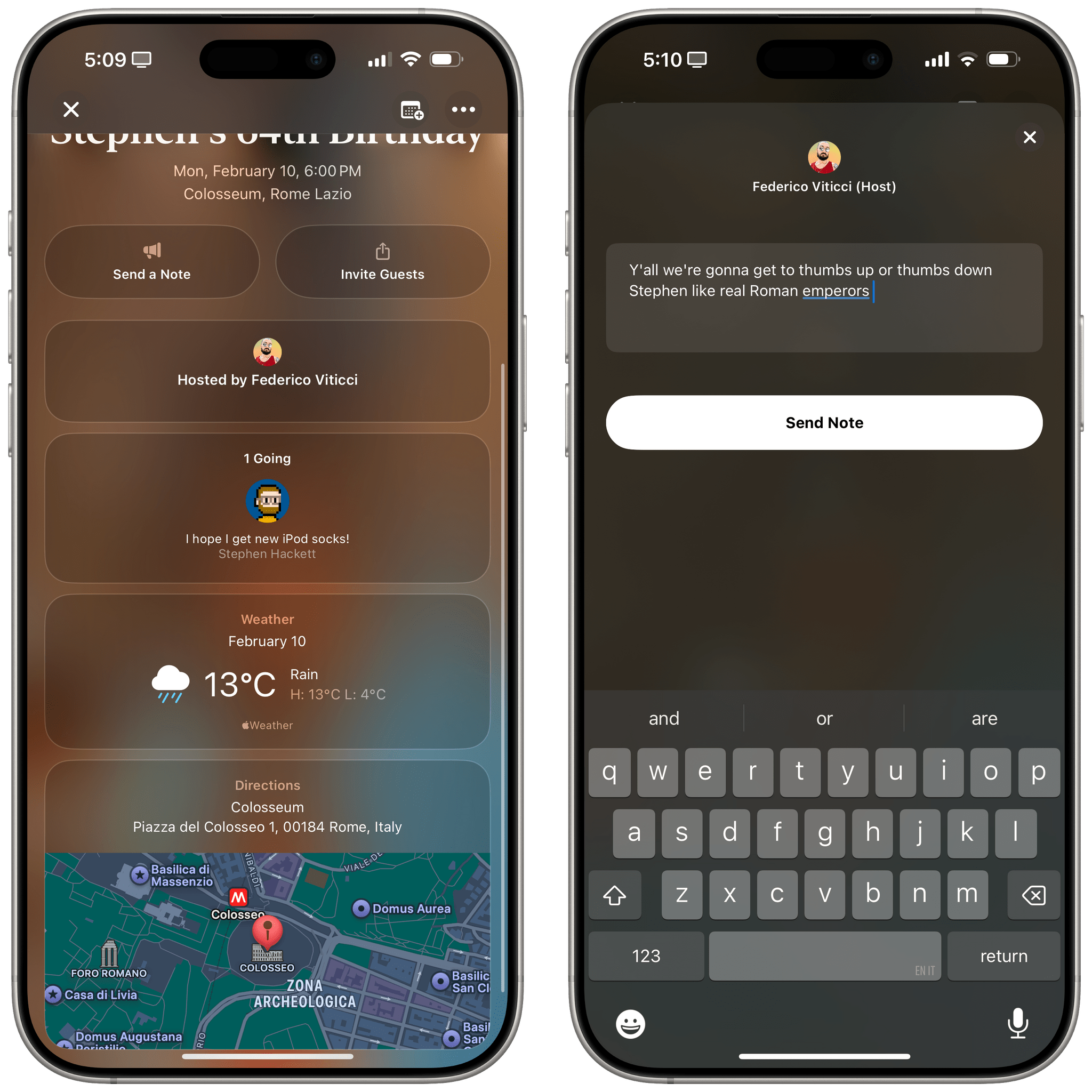

.](https://cdn.macstories.net/img_0925-1738676881715.webp)
